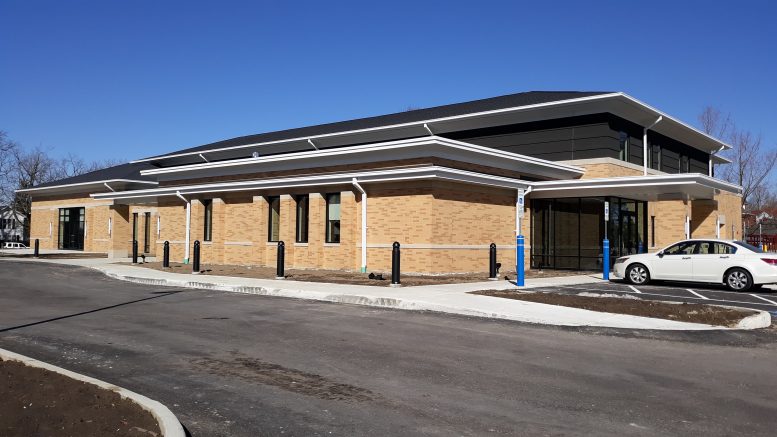The Great Decisions Lecture Series will return to the Wood County Committee on Aging for 2022.
The Wood County Committee on Aging, along with the American Association of University Women Bowling Green Branch, will once again host the Great Decisions Lecture Series for six consecutive Saturdays from 9:30-11 a.m., on Jan. 22 through Feb. 26, at the Wood County Senior Center, 140 S. Grove St., Bowling Green.
The Great Decisions Lecture Series is an informative educational discussion group designed by the Foreign Policy Association. Participants will be enlightened with up-to-date information on worldly topics facilitated by professors from various universities. The professors will provide an opportunity for questions and answers following each discussion session.
These sessions are free and open to the public. Manuals are available for $35 but are not required for participation. To register for this program, contact the WCCOA Programs Department at 419-353-5661, 800-367-4935, or email programs@wccoa.net
A full list of topics and speakers is provided below.
Jan. 22: Changing Demographics
Led by Dr. Kelly Balistreri, Department of Sociology, BGSU
The world experienced remarkable demographic changes in the 20th century that continue today and have resulted in far-reaching social, economic, political, and environmental consequences all over the globe. These consequences are creating mounting challenges to development efforts, security, climate, and the environment, as well as the sustainability of human populations.
Jan. 29: Climate Change
Led by Dr. Marc Simon, Department of Political Science, BGSU
The ideological divide in the United States on the subject of climate change has impeded progress in curbing greenhouse emissions. But extreme weather events at both ends of the thermometer have focused attention on the consequences of inaction. What role will the United States play in future negotiations on climate?
Feb. 5: Russia & the U.S.
Led by Dr. Stefan Fritsch, Department of Political Science, BGSU
Russia and the United States have many areas of conflict and some possible areas of mutual interest. Arms control, Russian interference in U.S. elections and support of cyberattacks, the status of Ukraine, the fate of opposition politicians in Russia, all continue to be concerning. How will the new administration in Washington approach these issues?
Feb. 12: Outer Space
Led by Dr. Arpan Yagnik, Communication, PSU
The launch of Sputnik I in October 1957 marked the beginning of the space era and of the space race between the United States and the Soviet Union. In the 21st century, there are many more participants in space, including countries such as India and China, and commercial companies such as SpaceX. How will the United States fare in a crowded outer space?
Feb. 19: Drug Policy in Latin America
Led by Dr. Amilcar Challu, Department of History, BGSU
The issue of migration to the United States from Latin America has overshadowed the war on drugs, which has been underway for decades with little signs of progress. What are the roots and the bureaucratic logic behind today´s dominant drug policies in Latin America? Is it time to reconsider punitive drug control policies that disrupt supply chains and punish drug possession?
Feb. 26: Industrial Policy
Led Dr. William Sawaya, Department of Management, BGSU
The current discussion of industrial policy in the United States is not simply about whether or not to support specific companies or industries, but about trust or mistrust of the government and its ability to manage the economy and deal with a rising China. The upheaval in supply chains during the pandemic exposed weaknesses in the international economy. What policies can the United States implement to deal with trade and the economy?
Dates and topics are subject to change.

